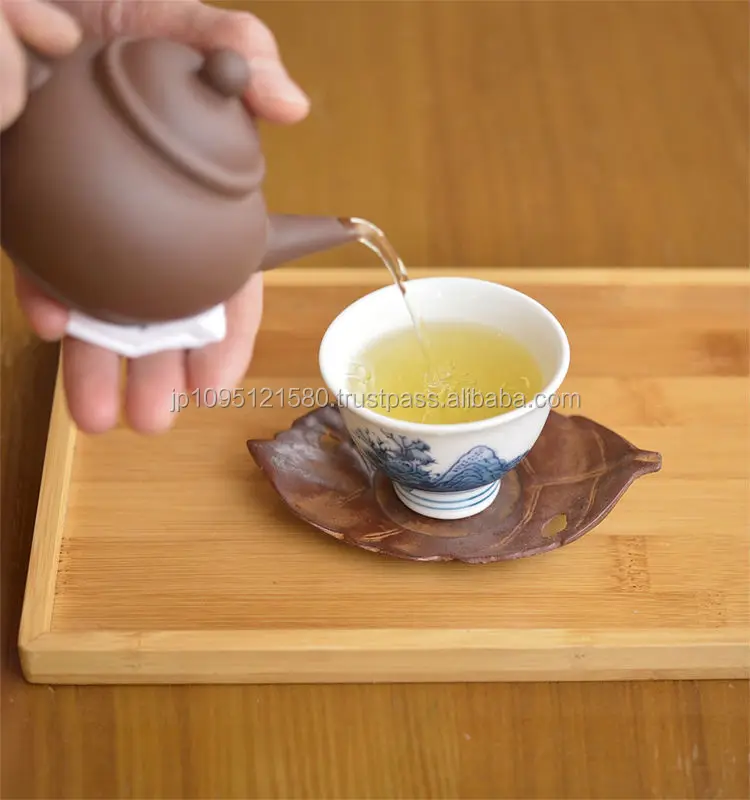
Research from animal studies suggests that regularly drinking oolong tea and other types of tea may help with weight loss due to the antioxidant EGCG it contains. It contains no fats, sugars, protein, or fiber. Oolong tea contains between 29 and 53 mg of caffeine per 8-fl oz serving. Ovarian cancer : People who regularly drink tea seem to be at a lower risk of developing this type of cancer than those who never or rarely drink tea.Low blood pressure : Caffeinated beverages may help increase blood pressure in older adults who experience low blood pressure after eating.Heart attack: People who drink black tea may be at lower risk of heart attack, while those who have been drinking black tea for at least 1 year may be less likely to die after having a heart attack.Increased mental alertness: A person may feel more alert and pay better attention if they drink black tea throughout the day due to its caffeine content.However, like other teas, it contains health-promoting flavonoids, phytochemicals, flavonols, theanine, and antioxidant properties. Theanine: This is an amino acid that may help reduce stress.īlack contains the highest amount of caffeine, ranging between 64 and 112 milligrams (mg) per 8-fluid ounce (fl oz) serving.īlack tea does not contain calories, fats, protein, fiber, vitamins, or sugar.


Green tea leaves are not wilted and are not oxidized.Black tea leaves are bruised, wilted, rolled, and completely oxidized.The more tea leaves oxidize, the darker they become, which determines the type of tea: A person can stop the oxidization process by heating the leaves. It consists of the leaves of the Camellia sinensis plant, which, after harvesting, begin to wilt and oxidize. Tea is one of the most popular beverages in the world. Share on Pinterest VISUALSPECTRUM/Stocksy


 0 kommentar(er)
0 kommentar(er)
